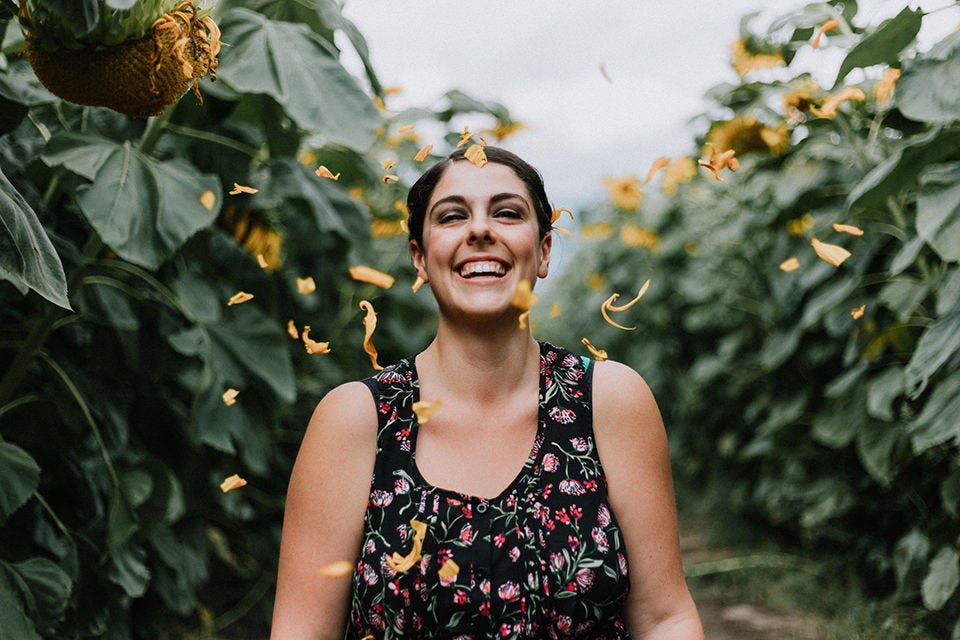
As an international student, you’ve got a lot going on. With coursework, assessments and maybe also a part-time job, it’s easy to get a little stressed out sometimes.
So what can you do to stay calm?
Maybe you already help yourself feel better by taking a couple of deep breaths when you feel stressed. Or, maybe you find that closing your eyes and lying down for a few minutes in a quiet room is most helpful for you.
You may not realise it but by doing these things, you’re actually taking steps towards mindfulness. So what do we mean when we refer to mindfulness, and how can it help you as an international student?
In putting this guide together, we spoke to Denise Hung, an international student pursuing a degree in Chinese Medicine. This field focuses largely on meditation and mindfulness.
Originally from Malaysia, Denise now studies at the Southern School of Natural Therapies at Torrens University in Melbourne. She is also a yoga instructor, guiding others on their journeys to mindfulness.
What is mindfulness?
Mindfulness is the practice of being fully engaged in the present moment. It is the ability to be aware of ourselves, what we’re doing and what we’re feeling, without any distraction or judgement.
You can practice mindfulness in many different ways. You can try meditation or take short breaks throughout your day to just stretch and be present with how your body feels. You can take a walk and notice what you smell, feel, hear and see. You can also add mindfulness exercises to physical activities like yoga, pilates or sport.
Why is mindfulness important for international students?
According to Denise, mindfulness can be helpful to everyone.
“It has benefitted me as an international student,” she says, “because there are many challenges you face being in a foreign country - being a full-time student and juggling finances.”
Whether you’re an international student in Australia or overseas, mindfulness can help you.
“Practising mindfulness brings harmony and peace into your life. It also brings acceptance, which teaches us to embrace the moment as it is and as it should be,” explains Denise.
How to start practising mindfulness
Are you ready to begin your mindfulness journey? Here are a few techniques you can use to get started.
1. Focus on your breathing
First, Denise recommends “bringing awareness to your breath” (also known as mindful breathing), which helps to anchor you in the current moment. Research suggests that mindful breathing can reduce anxiety symptoms and decrease negative thinking. Every day, sit in a quiet space for at least a few minutes and focus on your breathing.
“Pay attention to the sensations along your body and the thoughts and emotions that arise,” Denise explains. “They help with witnessing the moment without judgement and to slow down the busy mind.”
2. Get comfortable
When it comes to meditation and mindfulness, comfort is key. The more comfortable you are, the more relaxed and present you will feel. So wherever you plan to practise, make sure you feel at ease. Whether it’s sitting cross-legged on the floor or lying down, decide what works best for you and stick with that position.
3. Find guided courses
Another strategy for practising mindfulness is using support services and resources around you. For example, search online for yoga/meditation classes in your local community or with your education provider. According to Denise, many community centres and universities offer guided meditation courses.
4. Use mindfulness apps
You can also check out some apps to guide you on the path to mindfulness. These apps offer helpful tips and tricks for mindfulness exercises to improve your mental wellbeing.
Some of these apps include:
5. Be patient and trust the process
Above all, remember that achieving mindfulness is a marathon, not a sprint. You may not get it right immediately – and that’s okay. Don’t worry if you lose focus, especially in the beginning. Give yourself patience.
As Denise says: “It just takes a little practice”.


